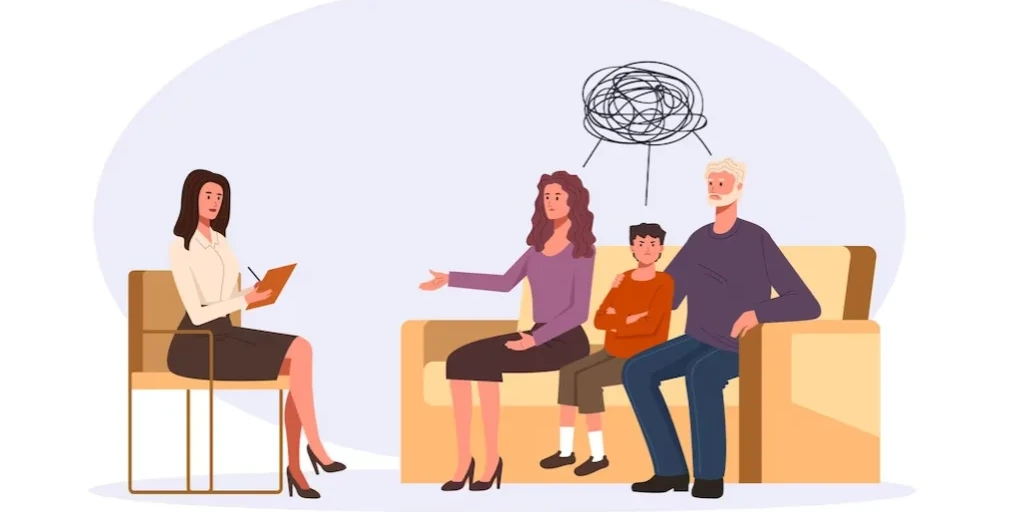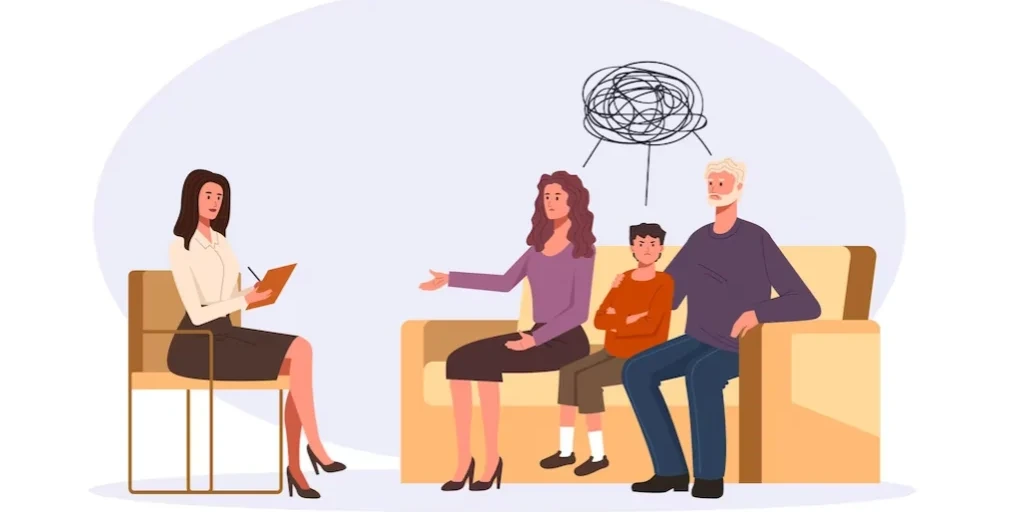24/7 Helpline:
(866) 899-221924/7 Helpline:
(866) 899-2219
Learn more about Group Therapy centers in Skippack
Group Therapy in Other Cities

Other Insurance Options

UMR

Premera

Ambetter

Regence

Choice Care Network

Cigna

Kaiser Permanente

Excellus

Amerigroup

Molina Healthcare

Health Choice

GEHA

Coventry Health Care

Carleon

EmblemHealth

Providence

ComPsych

Horizon Healthcare Service

Holman Group

Optima












